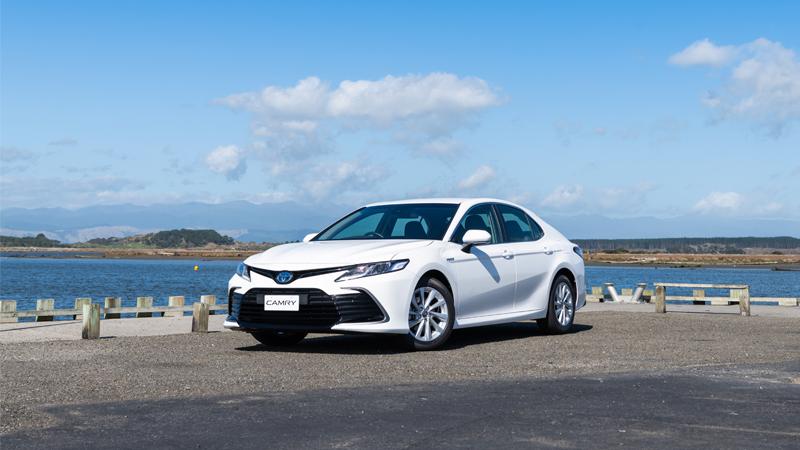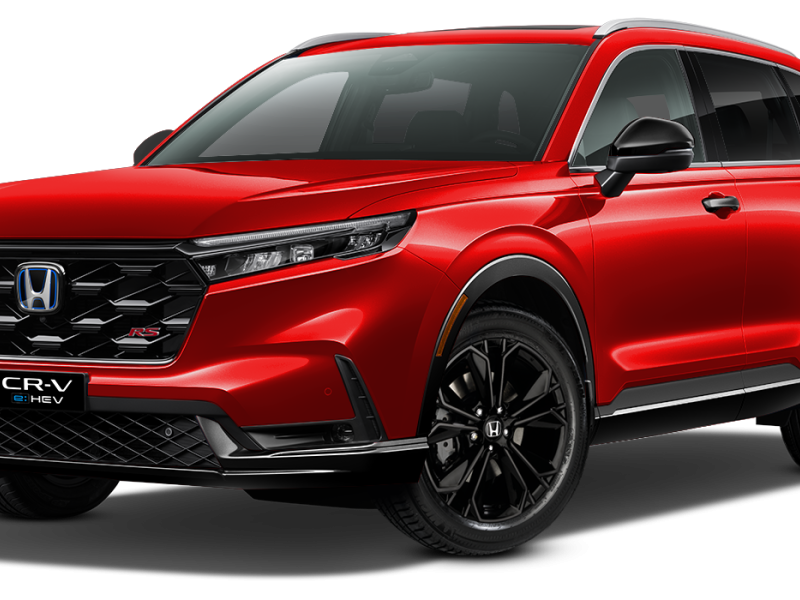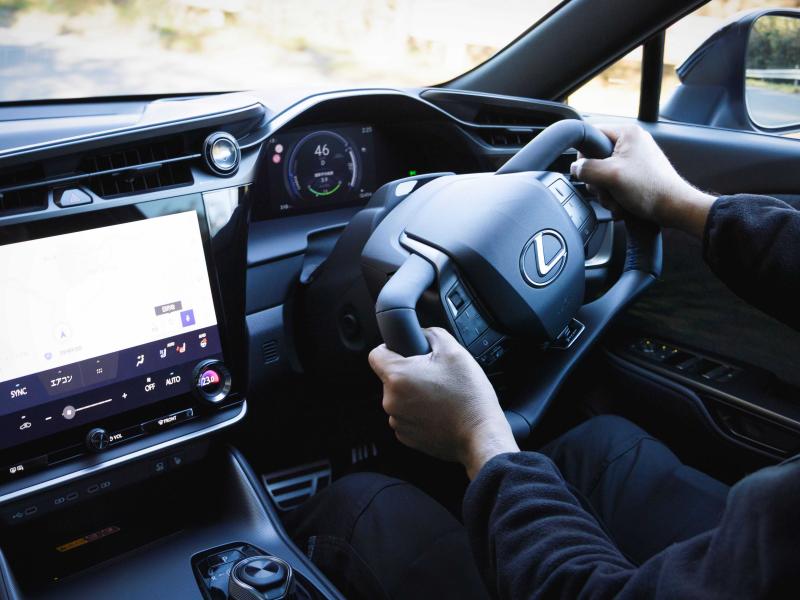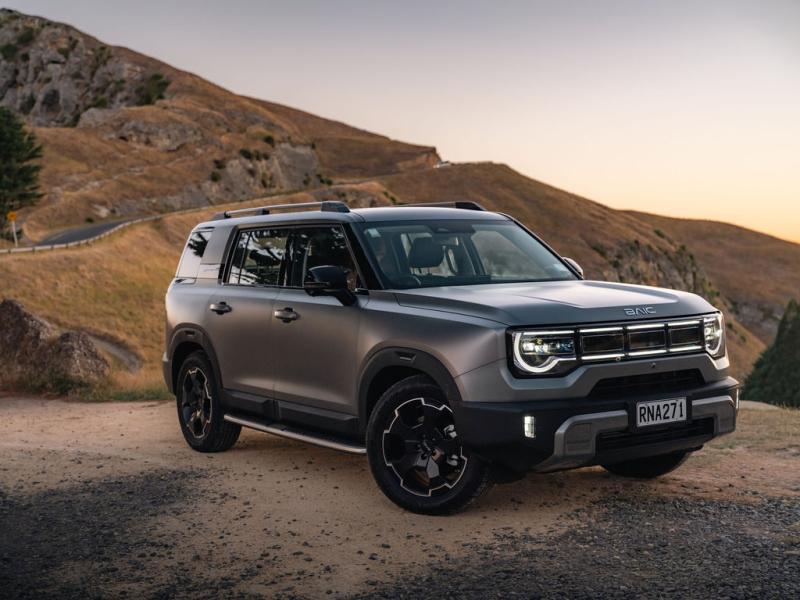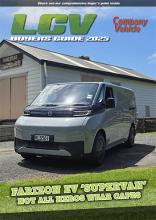We were curious, where does the name Camry come from? Apparently, it’s a derivation of the Japanese word for crown – kanmuri. So now you know.
Toyota has just released its latest crown incarnation, with the 9th generation making the model’s 39 year to date lifespan. And times they are a changin’ for Toyota’s number two World car behind the Corolla.
Toyota New Zealand is dealing with the realities of a global push on the part of its parent to reduce CO2 emissions on a world scale.
BEVs (battery electric vehicles) are the closest thing to a silver bullet for CO2 reduction obviously, but the global demand for batteries is stalling development in all industries, not just automotive.
The answer to this problem from Toyota is the strengthening of its hybrid offerings across the largest percentage of the brand.
To date, this has been focused on the very successful Rav4 SUV, the Corolla line-up in sedans and hatchbacks and the Yaris for subcompact hatches.
This month, Toyota takes the hybrid range expansion one step further with the release of the all-hybrid Camry medium-sized car line up.
From a corporate perspective, the 2021 Camry is shaping up to be the medium-sized sedan of choice for companies looking to make a serious commitment – as Toyota NZ has – to reducing its CO2 footprint.
Steve Prangnell, Toyota New Zealand’s General Manager of New Vehicle Sales and Product Planning, says the facelifted hybrid Camrys are well under the government fleet CO2 requirements, and if the government likes them…
“Mainstream hybrids like Corolla, Camry and RAV4 allow our customers to improve their fleet CO2 emissions by up to 30 percent,” continues Mr Prangnell.
“We are seeing many fleets, including government and rental fleet, adopt hybrid vehicles like the Camry, as a way to reduce their CO2 emissions without compromising vehicle performance and usability.”
With the adoption of an all-hybrid fleet range, the Camry loses its hero V6 petrol, but this is an acceptable trade-off with the latest hybrid engine technology from Toyota and the upgrades for all three versions, which includes GX, SX and ZR model variants.
All Camrys run the same powertrain; a 2.5-litre petrol engine combined with an electric motor to give a total 160kW power output from 4.2 to 4.7 litres per 100km and anywhere between 96 and 107gms of CO2 per km.
For those who were wondering why the same engine can deliver different figures, the answer lies in the size of the tyres and the levels of specification, which add weight.
Tyres play a critical element when it comes to the hybrid/electric vehicle. The power and torque from the motive combination do have a bearing on the black bits of rubber, which means the tyre sizing is more than just cosmetic or, as they once were, a symbol of prestige.
In saying this, the GX model does take the smallest tyre size – 17-inch – while the SX takes it up a couple of notches, running on 19s for the mid-grade. The ZR however, splits the difference and takes 18-inch tyres as standard.
This is something of a curiosity, as one would have expected the ZR to have the flashiest of the flash when it comes to equipment and appointment.
It does take a panoramic roof with sliding sunroof, shark fin antenna, black wood interior ornamentation, front seat heaters, a JBL premium audio system with three additional speakers and a 26.5cm rear subwoofer.
What about the rest of the range?
Well, the GX hybrid (typically our favourite combination at NZ Company Vehicle for its ride quality, performance, and value proposition) introduce the Camry’s family ‘face’ externally, while the interior sees an upgrade to a seven-inch touchscreen and integrating Apple CarPlay and Android Auto.
Toyota’s safety umbrella guardian has also been upgraded and at entry level, includes Pedestrian and Cyclist Detection, Emergency Steering Assist, Intersection Turn Assist, Lane Tracing Assist, Road Sign Assist. Now the Safety Sense’s Dynamic Radar Cruise Control system adds Curve Speed Reduction.
Curve Speed Reduction is one of the cooler safety features to come out of the toybox. It works in conjunction with the dynamic cruise control, which now incorporates information from the steering wheel sensor as well as the millimetric radar and the centre mounted windscreen camera to determine if the speed set on the cruise control system is too fast for the corner, as indicated by the angle of the steering wheel.
This system is standard across the Camry line up, so what does the SX get in addition? Blind spot monitoring and rear cross traffic alert to the safety suite, along with sports tuned suspension, a rear lip spoiler, black accents in the head and taillights, powered and heated exterior mirrors, a nine-inch touchscreen, sport front seats, paddle shifters, two rear USB charge ports and a choice of interior accent colours for the leather seats.
The ZR has all of this, plus the additional features mentioned earlier as well as a panoramic view monitor.
Toyota’s Drive-away pricing includes all on road costs; WOF, registration, a full tank of fuel, the Toyota Care Service Advantage fixed price servicing package, floor mats, and the three years or 100,000 kms warranty.
As to the actual pricing: the 2021 Camry line-up starts with the $42,490 Hybrid GX sedan, leading up to the $46,990 SX sedan up to the $50,990 ZR sedan.


